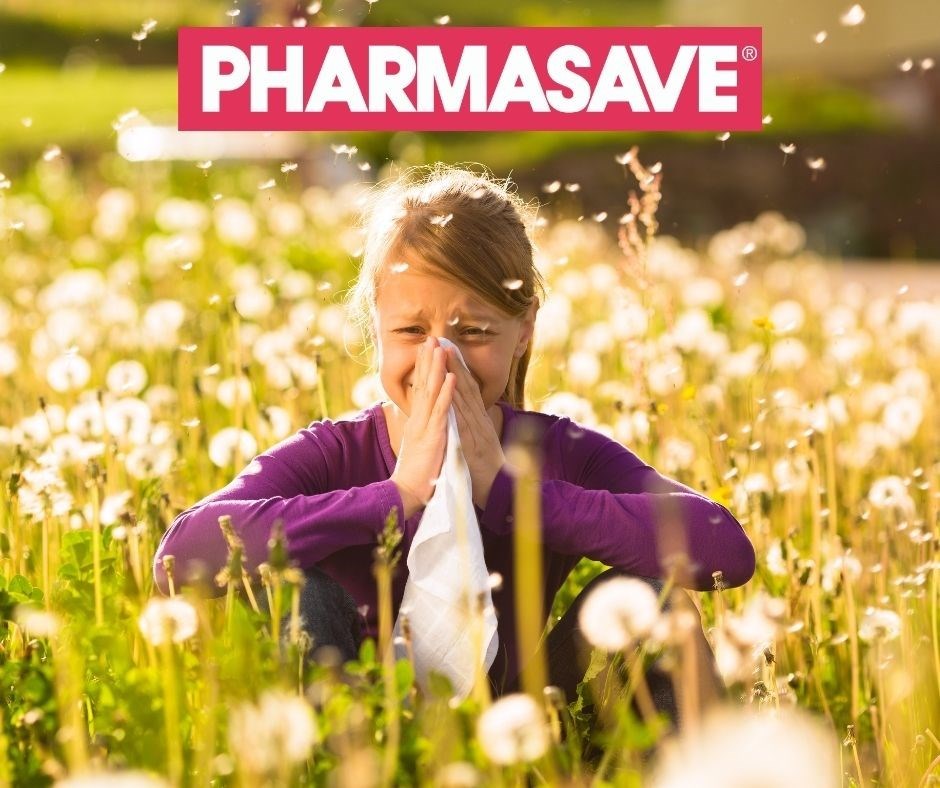
Laurie-Ell Bashforth | Special to the 51����
Allergies, ugh! Like the relative you love to hate, they show up. Gifting you not with a pretty bouquet of roses but with symptoms like a runny or stuffy nose; sneezing; itchy mouth, eyes, throat; watery red eyes; sore throat; coughing; wheezing or headache.
Seasonal allergies, also called hay fever or pollinosis, is actually allergic rhinitis, which literally means “allergic nose inflammation.”
Allergic rhinitis can either be intermittent or persistent. In many people with intermittent allergic rhinitis, an allergen – something that triggers an allergy – sets their symptoms off at about the same time each year. Spring attacks are usually due to tree pollen, while grass pollens dominate in the summer and weed pollens in the autumn. Most people with allergic rhinitis are sensitive to more than one allergen.
Persistent allergic rhinitis is defined as having symptoms more than four days a week or for more than four weeks a year. This condition is most common in people with allergies to allergens that are present all year. Naturally, people who are allergic to house dust mites or to their own pets tend to suffer year-round. Allergic rhinitis affects about 20 per cent of Canadians.
Most people who suffer from seasonal allergies know their symptoms, know their environmental triggers, and know when it’s going to occur. But if you’ve never experienced allergies before, or even if you have, during these times of COVID-19 it can be hard to know what your symptoms are telling you.
Here are key differences between seasonal allergies and COVID-19:
- Fever: A fever or associated chills are not typical symptoms of seasonal allergies but are very common with a viral infection like COVID-19.
- Itchiness and Sneezing: Allergies are an inner reaction to an outer source. If you have itchy eyes, nose, throat, skin, you’re most likely suffering from allergies.
- Fatigue and Achiness: Allergies don’t usually cause extreme tiredness or body soreness but are common with COVID-19.
- Nasal Congestion: Stuffy and runny noses are a sure sign of seasonal allergies and rare with COVID-19.
- Cough: COVID-19 is a respiratory (lung) virus so congestion in the lungs, causing a cough, is common. Where seasonal allergies can sometimes see a cough due to asthma or post-nasal drip.
- Length of Symptoms: Allergies correspond to triggers and allergy seasons. COVID-19 symptoms may last anywhere from seven to 25 days (or longer depending on severity).
Want a full chart of the differences? Drop into the store and grab one or find it on our website at
So what now? The best way to prevent allergic rhinitis is to avoid the allergen, but we know it’s not always possible. Controlling the environment around you isn’t that easy, and in that case many people need medication treatment for relief. Fortunately, most people respond well to medications. The therapy of choice will depend on your symptoms, the severity of your symptoms, your past response to medications and other medical conditions that you have, if any. Your doctor or pharmacist can help find the best treatment for you.
Keep in mind that every case is individual. A general rule of thumb is to stay home when you’re feeling ill. Monitor your symptoms. If you know it’s your seasonal allergies, antihistamines will help. If conditions worsen or if you’re unsure about your symptoms, please speak with a healthcare provider or use the online provincial COVID-19 self assessment tools at pharmasave.com or
Want more healthy hints? Find us on Facebook at Pharmasave Jasper or sign up for monthly emails at . Just put Jasper as your local store.



